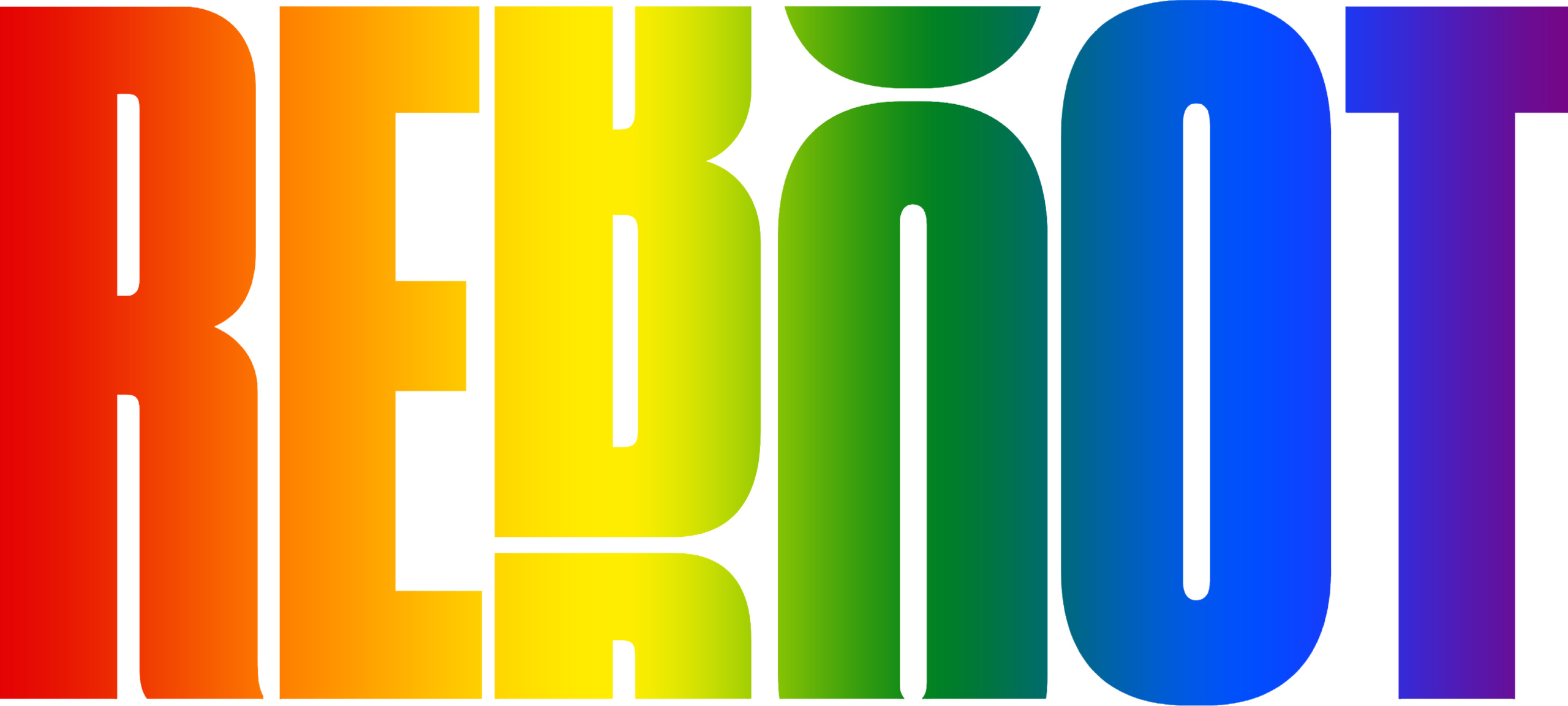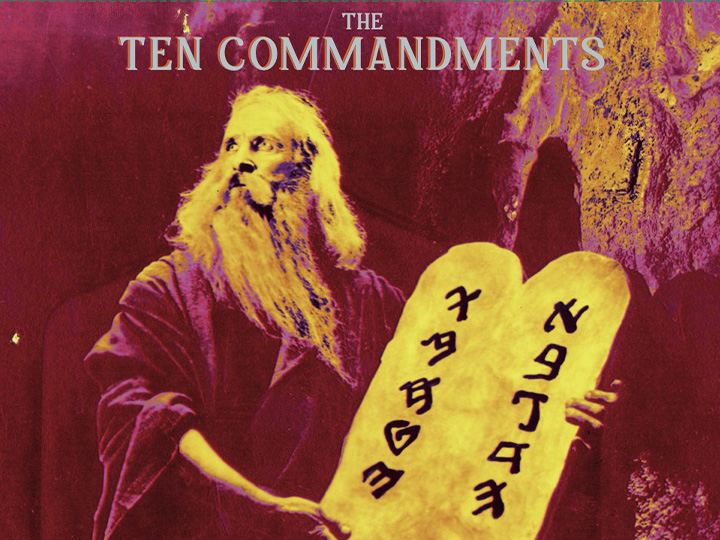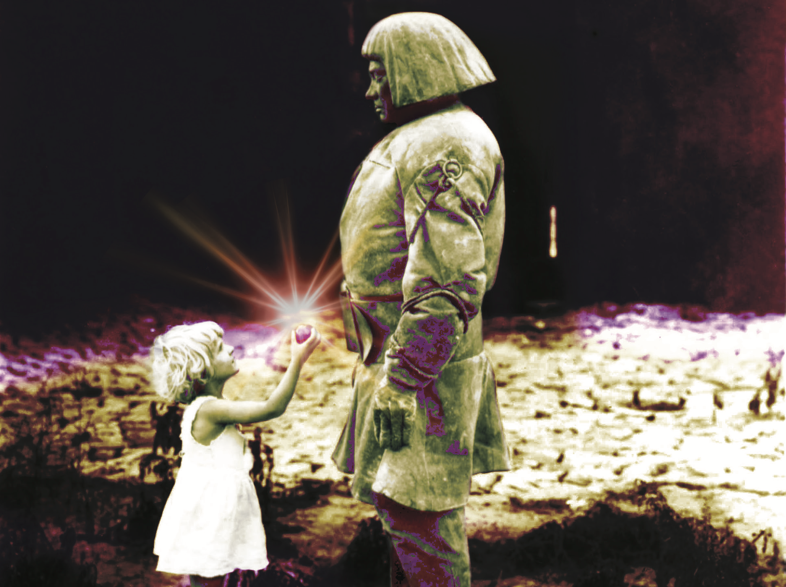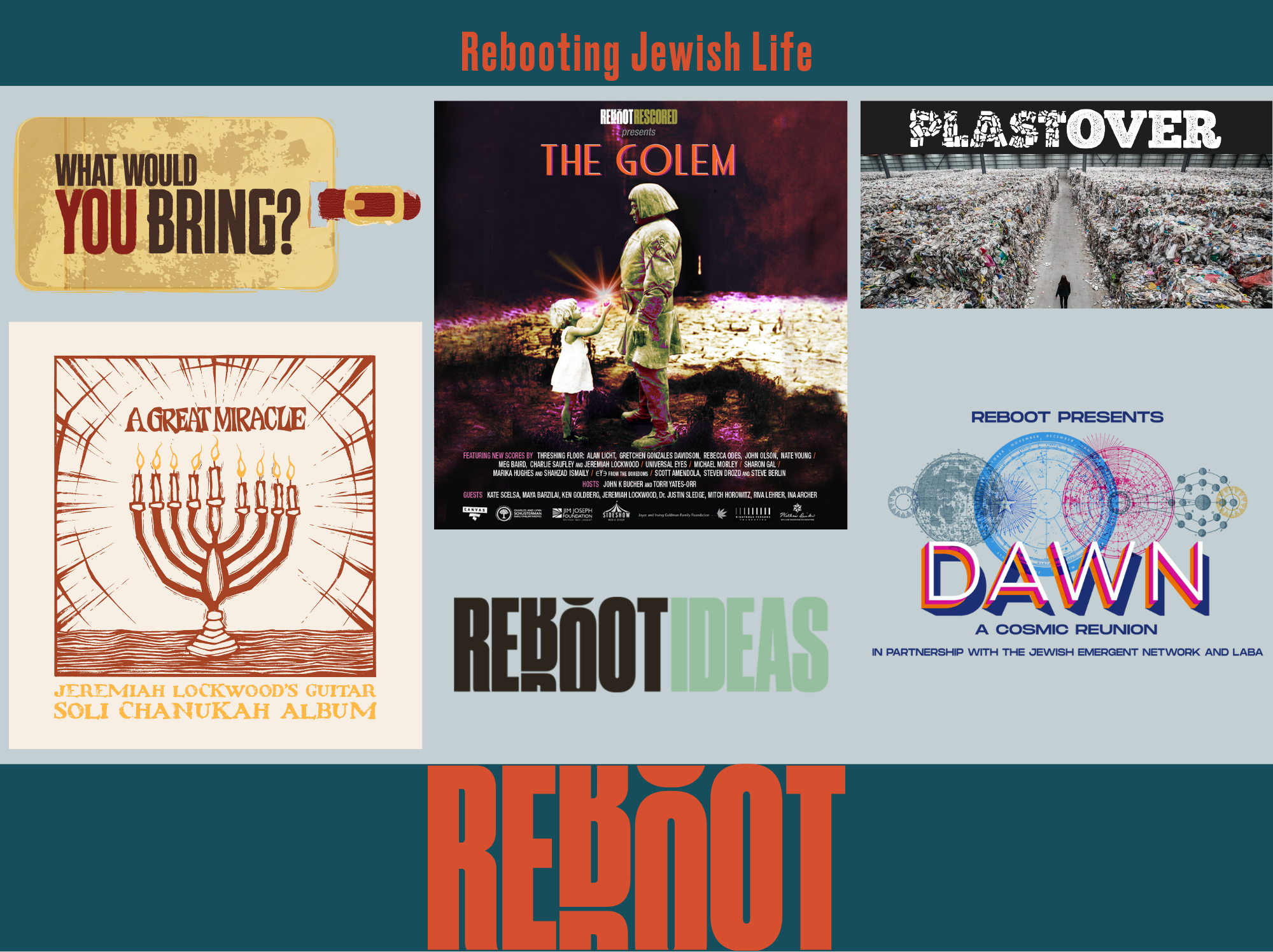The Most Jewish Song of All
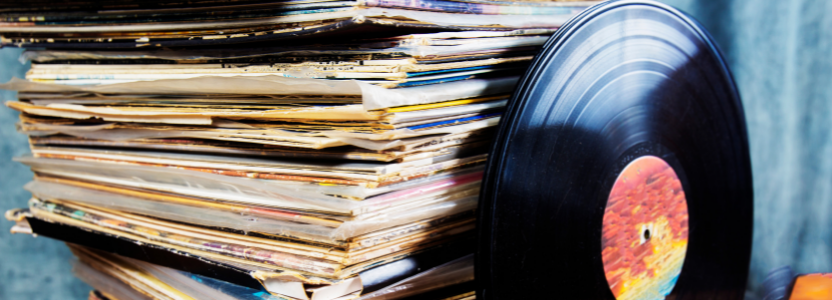
What makes a song Jewish? Does it need to be written or sung by a Jewish artist? Or have a Jewish theme (whatever that means), or tell an Old Testament story, or at least make reference to Jewish food or include a Hebrew/Yiddish phrase?
Everyone is going to answer this question differently, but the folks over at The Forward have taken a shot at establishing a Jewish musical canon with “The 150 Greatest Jewish Pop Songs of All Time,” a list determined by a poll of writers and musicians, accompanied by a series of essays unpacking some of the songs, artists, and storylines that emerged along the way.
It’s probably no surprise to anyone that Bob Dylan and Leonard Cohen have the most titles included on the list (eight songs each) and occupy the number one and two slots with “Highway 61 Revisited” and “You Want It Darker.” These two Jewish icons – who both famously explored other faiths, as well – are closely trailed by Lou Reed (seven songs, counting both solo work and Velvet Underground tracks) and Paul Simon with five. There’s an impressive showing from punk bands too (14 or so songs on the list, depending on who you count in the genre), which maybe isn’t a shock, either; there’s even a book on that subject, Steven Lee Beeber’s The Heebie Jeebies at CBGB’s: A Secret History of Jewish Punk.
But to the credit of the team behind this list, there are plenty of unexpected picks, too, that go beyond the likes of Neil Diamond or the Beastie Boys or even Haim, from Dua Lipa’s “Garden” to Metallica’s “Creeping Death” and Dion’s “Little Diane.” Drake turns up at number 79 with “Still Drake” and mercifully, Adam Sandler’s “The Chanukah Song” only placed in the 69th slot.
I was one of the voters asked to submit my picks for the list, and I’m generally pleased that most of mine made the cut. I did my job if I helped push Parliament’s “Flash Light” (George Clinton – Dr. Funkenstein himself – says that the chant in the middle of the song is a melody he remembered hearing at a bar mitzvah) and Rush’s “Red Sector A,” (based on Geddy Lee’s parents’ experiences in the concentration camps) into the mix. It pains me, though, that there wasn’t enough momentum behind MF Doom’s “Rap Snitch Knishes.” And I sheepishly admit to voting for the Black Eyed Peas’ inescapable atrocity “I Gotta Feeling”: It’s infuriatingly annoying, but you have to respect the genius of seeing a market opportunity in the bar mitzvah space that could be filled just by adding “mazel tov” to the chorus. (DJ Hesta Prynn, formerly of the hip-hop group Northern State, contributed an essay about the ascendance of that song.)
So what makes a song Jewish to you? Does this list make you rethink the concept at all? Do we need to move past the Greatest Rock Generation singer-songwriters as the primary definition of this territory? The Forward is soliciting reader response for a future post, so send your thoughts to editorial@forward.com.
When I wrote my book The Holy or the Broken, about the song “Hallelujah” (only number 37 on the Forward list – maybe too obvious?), Rabbi Ruth Gan Kagan of Jerusalem’s Nava Tehila synagogue told me that she added the song to her Yom Kippur service specifically because of its ambiguity and challenge to God. “It’s not a hymn of the believer,” she said, “it’s a hymn of the one who is full of doubt, a hymn of the heretic…that confusion is good, and it works better to admit that.” So don’t worry if you can’t answer whether a particular song is Jewish or not. That probably makes it the most Jewish song of all.
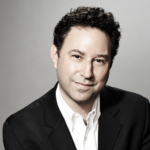
Alan Light is the co-host of the daily music talk show “Debatable” on SiriusXM. A longtime music journalist and author, he is the former Editor-in-Chief of Vibe and Spin magazines.
